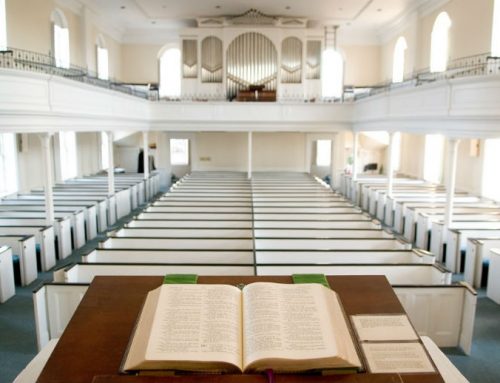I write as I watch the Academy Awards Ceremony…a true procrastinator, as you all already know. I’m behind on my blog entry this week. And I want Mark Smith also to know that I am working on my Mission Statement! But it’s not yet ready for prime time. I trust there may still be some interested enough in our blog to read it when it’s finally done.
Today’s sermon concerned how culture and social influence contribute to the content of our character. I’m the product of a white, middle class, suburban, midwest upbringing. I think of how much of my own character was minted early in life by my family. My own profession I suppose in many ways was inspired by life as the son of a Pastor (though I never thought I’d be doing what he did). This discussion about character has especially caused me to consider what kind of culture I am creating in my own family life – what values I seek to transmit to our son, Will; what values we seek to consciously live out together as a family.
Culture matters. That was really the main point of today’s sermon – our family’s culture, our work culture, our national culture; it has a great deal of influence upon our own individual character. But it goes both ways: it forms us, and obviously, we form it. We’re all in some sense responsible for the collective character, if you will, of each.
Is it fruitful to step back and observe what kinds of cultures we operate in, and their character? To what extent are we operating in cultures of integrity, or excellence–or, on the other hand, dysfunctionality? And is it then fruitful to ask ourselves the question, What can I do to help create a culture that values right action?
But a final word about character. I ended this sermon series with a critique of character…of any collective, social attempt to “teach character.” Perhaps one could say that the dark underbelly of any such attempt is the extent to which teaching virtue is simply the attempt to acculturate individuals to a social norm. What if that norm itself is unjust? After all, Adolf Eichmann loved Beethoven, and was kind to his colleagues, and was a terrific father, apparently.
In the final analysis, as Christians we can’t escape the anthropology of the cross: despite our muscular attempts at virtue, we can never attain a character of life that will insulate us from human sin. We will never be a perfect human being, nor shall we ever build a perfect society. We look at the cross and see our own guilt and failure writ large: we killed God. And at the same time, we see the ultimate symbol of divine love: God gave not just any life, but the divine life as a gift to every human being.
Christian understanding of character begins at the foot of the cross, when we know ourselves to be forgiven for our failures, and redeemed from our perfectionism. That turns out to be the most solid foundation upon which to build a virtuous life. When we know this power, we become, in the words of D. T. Niles, “One beggar telling another beggar where to find bread.”
Be interested in anyone’s further reflection out there. Some very specific questions:
* What are folks’ experience in wrestling with “The Man”? Is it naive to say that an individual can have an effect upon a whole corporate or work culture? Can an individual function with integrity in a dysfunctional culture?
* What do you make of the theology of the cross? Is it possible that we really begin to form a character of virtue when we realize our failure at virtue?
* What important questions have not been asked in this discussion about character?
Welcome any comments.





